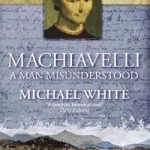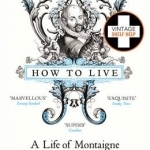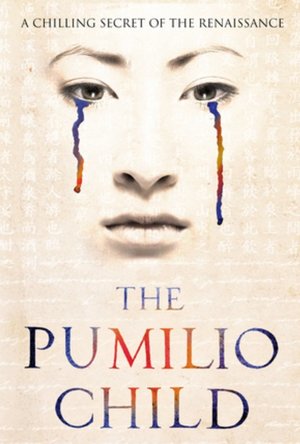
Assassin's Creed Identity
Games
App
*Only works with iPad 3 and over, iPad Mini 2 and over, iPhone 5 and over, iPod 6. Requires an...

21st Century Love Songs by The Wildhearts
Album
The Wildhearts are proud to announce the release of 21st Century Love Songs, their brand new...
ClareR (6067 KP) rated The Pumilio Child in Books
Apr 6, 2018
Ya Ling is admirable calm and stoic through all of her trials and tribulations, and eventually work as a respected healer, as her family taught her back in China.
The author really makes you feel for the characters in her novel - pity and later pride for Ya Ling, and hatred for some of the less virtuous male characters. It's a book that reflects the times very well: men, and men in the church especially, hold all the cards. Women are held in very low esteem. And women who are in any way different from the accepted norms are in danger of the ecclesiastical courts.
I read this on 'The Pigeonhole', a social reading platform, and really enjoyed the whole experience.
David McK (3713 KP) rated The Philosophy Book in Books
Jan 30, 2019
What this does, instead, is to give a broad overview of the main works of the main thinkers (SOcrates, Plato, Descartes, Karl Marx, etc) of any particular era, with the book itself split into 6 main sections, as follows:
1) The Ancient World (700 BCE - 250 CE)
2) The Medieval World (250 - 1500)
3) Renaissance and the Age of Reason (1500 - 1750)
4) The Age of Revolution (1750 - 1900)
5) The Modern World (1900 -1950)
6) Contemporary Philosophy (1950 - present)
Nicely illustrated throughout, and with a little bit of history on the thinker themselves, this is a good intro for anybody interested in the subject. (Speaking personally, the closer the philosophy got to contemporary years, the less interesting I found it - I was more interested in the likes of Plato, Socrates and Descartes, for instance, than in Jacques Derrida).
Blondie: Parallel Lives
Book
Drawing upon extensive new first hand interview material from DebbieHarry, Chris Stein and many...

Edward IV
Book
The reign of King Edward IV occupies a pivotal place in late medieval English history, marking the...
Louise Thompson Patterson: A Life of Struggle for Justice
Book
Born in 1901, Louise Thompson Patterson was a leading and transformative figure in radical African...

Machiavelli: A Man Misunderstood
Book
Machiavellian: a person who adopts the principles recommended, or supposed to have been recommended,...

How to Live: A Life of Montaigne in One Question and Twenty Attempts at an Answer
Alex Clark Introduces Shelf Help
Book
How to get on well with people, how to deal with violence, how to adjust to losing someone you love?...

An Optimist's Tour of the Future
Book
Mark Stevenson has been to the future a few years ahead of the rest of us - and reckons it has a lot...

